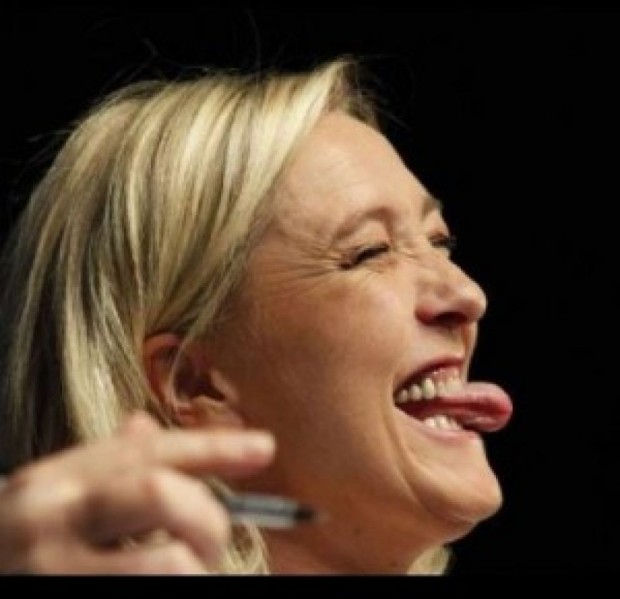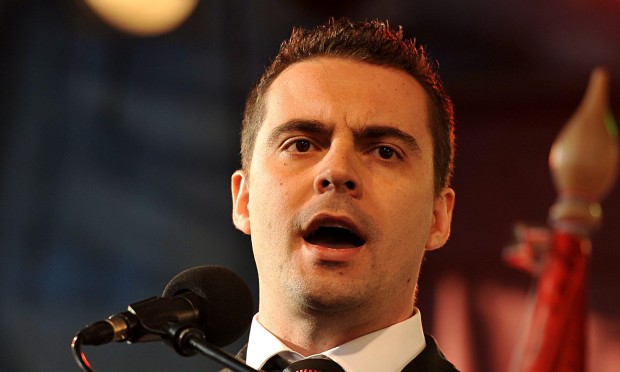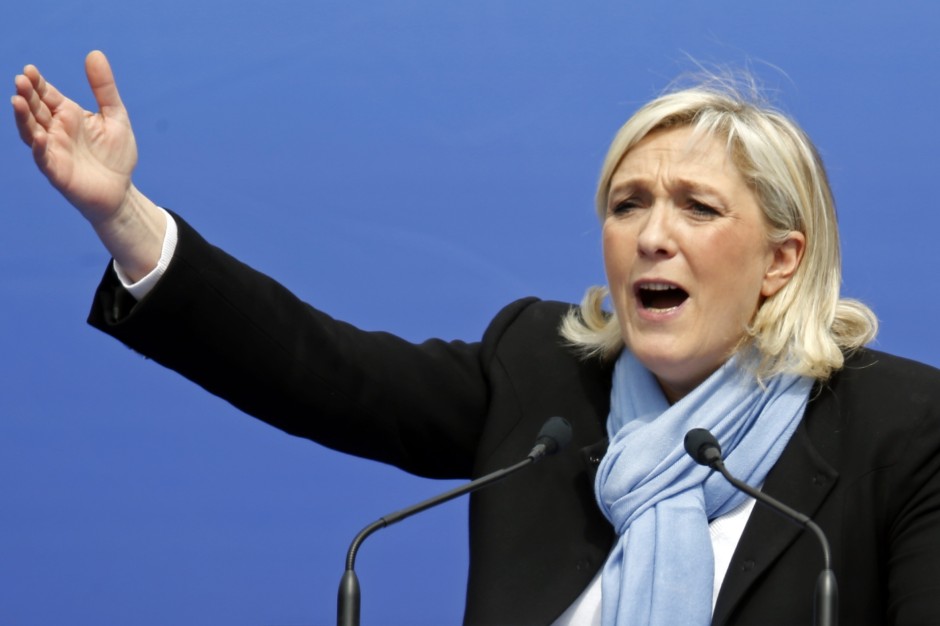While much of the world’s eyes were on Ukraine, and pundits were wondering about Russian President Vladimir Putin’s intentions there, populist parties often tinged with racist and antisemitic beliefs made gains in yesterday’s elections to the European Parliament, the legislative body for the 28-member European Union.
Parties strongly opposed to the European Union performed well in several countries, including France, Denmark, Greece and Britain.
Much of this was fuelled by opposition to Muslim immigration into the continent, and the feeling that European Union apparatchiks in Brussels, rather than national parliaments, were increasingly in control of policies. Mass unemployment and economic austerity added to the discontent.
The 751- member European Parliament, which meets in Brussels as well as Strasbourg, seems remote from most voters, who still define themselves first and foremost as members of their respective nations rather than as abstract “Europeans.” Yet its principal concern, according to Charles Grant, director of the Center for European Reform, a London-based research group, “has been to get more power for itself and more money for the European Union.”
This does not go over well in hard economic times, and protest parties are making the most of the situation.
Most startling was the result in France, where the far-right National Front (NF) won about 26 percent of the vote, edging out the two major parties, President François Holland’s governing Socialists and the Union for a Popular Movement. The NF will end up with 25 of the 74 seats allocated to France in the European Parliament.
The NF quadrupled its vote from the six per cent it won at the last European parliamentary elections in 2009. Its support has been driven by growing discontent with historically high jobless claims and an economy that has barely grown in two years.

France’s Socialist prime minister, Manuel Valls, compared the results to an earthquake. But Marine Le Pen, the NF’s leader and daughter of the founder, Jean-Marie Le Pen, told supporters,“The people have spoken loud and clear.” They no longer want to be led “by those outside our borders, by EU commissioners and technocrats who are unelected. They want to be protected from globalization and take back the reins of their destiny.”
While Jean-Marie Le Pen has a long history of antisemitism, xenophobia, racism and bigotry, and has even remarked that the Nazi gas chambers were “a mere detail” in history, his daughter, who took over in 2011, has been careful to cultivate a more moderate image.
But antisemitism is on the rise in Europe. Last week, four people were murdered outside a Jewish museum in Brussels, and Belgian Jews are dispirited over their situation. French Jews also fear for their future, and record numbers have been making aliyah to Israel of late.
According to the Jewish Agency, there was a 63 percent increase in aliyah from France in 2013, while there was an astounding 312 percent rise in the first three months of 2014. Since January, 854 immigrants from France arrived in Israel, compared with 274 in the same period in 2013.
These election results will no doubt accelerate this process.
In Britain, the United Kingdom Independence Party (UKIP) won 29 percent of the vote, ahead of the 24 percent for the Conservatives of Prime Minister David Cameron and the 23.5 percent won by the main opposition Labour Party. This almost doubled the 16.5 percent the UKIP secured in 2009 and brought it 24 of the country’s 73 seats.
For the first time in modern history, neither Labour nor the Conservatives have won a British national election.
Nigel Farage, the UKIP leader, was pleased with the outcome. It would help those in Britain and elsewhere who want to slash the European Union’s powers and return decision-making to individual states, he stated.
“As members of this union we cannot run our own country and crucially, we cannot control our own borders,” said Farage. “I don’t just want Britain to leave the European Union,” he added. “I want Europe to leave the European Union.”
The far-right Danish People’s Party became Denmark’s biggest party with 27 percent of the vote and doubled its number of seats in the European parliament from two to four of Denmark’s 13 member delegation. The DPP had campaigned to reclaim border controls and curb benefits to other EU citizens living in Denmark.
The anti-euro Alternative for Germany party was set to win its first seats in any election in that country with seven percent of the German vote, good for seven of Germany’s 94 seats. “It’s springtime in Germany,” leader Bernd Lucke told chanting supporters in Berlin. “Some flowers are blooming and others are wilting.”
In Greece, beset by economic troubles and an unemployment rate of 27 percent, the neo-Nazi Golden Dawn picked up votes, while the far left made even greater gains. Golden Dawn will enter the European Parliament for the first time after winning nine percent of the vote and three of 21 seats, a third place finish.
Nikos Michaloliakos, the party leader who is currently in jail pending his trial for involvement in a criminal gang, delivered a post-election message to his followers. “I congratulate you for managing to resist the government’s terrorism and for not believing their lies,” it read. “We are the only political power that actually stands up against our state being run by foreign powers.
In Hungary, the far-right Jobbik, often associated with antisemitic rhetoric, also had some cause to celebrate. While it won 14.7 percent of the vote, the same as in 2009, with its three of 21 seats it beat out the Socialists to become the country’s largest opposition party at the EU level.

“I have important news for you: today Jobbik is the second largest party in Hungary,” Gabor Vona, the Jobbik leader told cheering supporters. “We all want a common Europe, but a different one to what we have at the moment,” he remarked.
Henry Srebrnik is a professor of political science at the University of Prince Edward Island.

